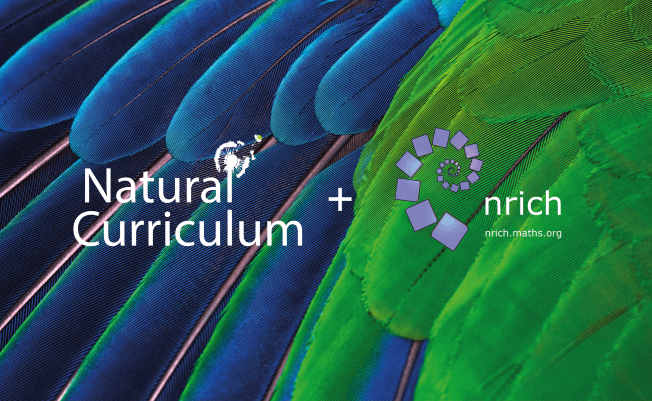The Nature of Problem-solving in Primary Maths
The Educational Recording Agency, in collaboration with NRICH, has published the first set of investigative Maths lessons inspired by nature, on the Natural Curriculum website. The aim is to utilise the wealth of outstanding BBC Natural History footage in a creative, exploratory approach to teaching Mathematics that feeds off children’s wonder of the natural world.
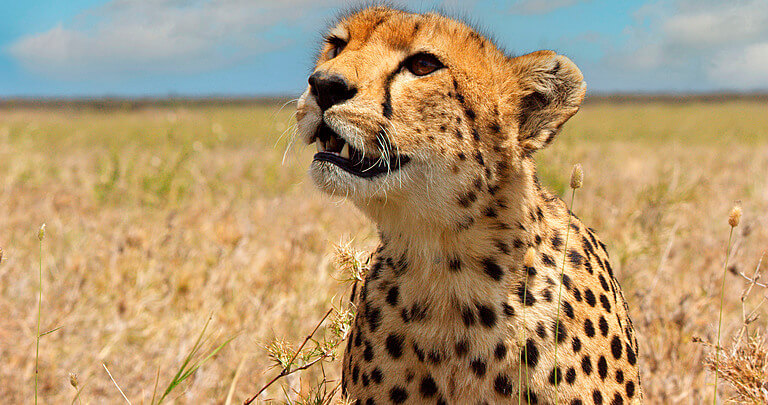
Credit: BBC/John Downer Productions Ltd/Stephen Downer
Mathematics is a fundamental tool for solving problems and understanding the world around us. However, for many students, mathematics can be an intimidating subject, and they struggle to understand its abstract concepts.
With a quarter of a million children entering secondary school without basic Maths and English, and roughly 175,000 children failing their Maths GCSE every year, addressing the prevailing negative attitudes towards the subject has become the key issue facing Maths educators, according to Dr Ems Lord, Director of NRICH.
One way in which this can be achieved is by making Maths more relevant and relatable to children’s experiences and interests from a young age.
NRICH is a collaboration between the Faculties of Mathematics and Education at the University of Cambridge, which focuses on problem solving and on creating opportunities for students to learn Mathematics through exploration and discussion. Its aim is to enrich and enhance the experience of the Mathematics curriculum for all learners. Dr Lord explains:
“At NRICH, we actively seek engaging contexts so that learners want to explore the Maths, derive enjoyment from the tasks and are encouraged to persevere with solving problems and finding solutions,”
It seems that we only need to look outside the classroom window for an answer.
The natural world is an excellent source of inspiration for learning Mathematics. It is something that children can see, touch, and experience in their everyday lives. When students can see how mathematical concepts apply to the world around them, they are more likely to be interested and engaged in the learning process.
One teacher who preaches this sentiment is David Millington, the man behind the Natural Curriculum, which originally launched in 2020 with an online collection of KS2 grammar lessons inspired by clips from the BBC’s ground-breaking natural history programmes. When David approached the Educational Recording Agency about using clips under the terms of the ERA Licence, their value as a means of inspiring and engaging pupils was immediately evident to the CEO, Helena Djurkovic, and the ERA Board agreed to fund the development of the website. Its launch in 2020 was just in time to make an invaluable contribution to the remote education landscape during lockdown.
Keen to expand on the resource’s initial impact, David, together with the educational resource team at ERA, sought to maximise the potential that the natural world (supported by compelling footage from the BBC), could have in core-subject learning, with Mathematics being the natural (pun intended) next step. The Bristol-based teacher recounts:
“The first ever natural world film clip that I used in a Maths lesson was from the BBC Blue Planet series. In the clip, Sir David Attenborough reels off some impressive number facts about the size of the mighty blue whale. With my then Year 5 class captivated, it was the perfect way to kick start a unit on measurement and length.”
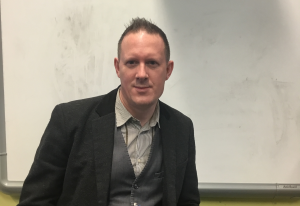
David Millington, teacher and content creator for Natural Curriculum
In the academic year 2021/22 the Natural Curriculum joined forces with NRICH to explore the best way of using natural history clips to teach primary Maths.
Four online problem-solving Mathematics lessons were developed and piloted with primary-aged learners from 9 schools out of 70 that applied to take part. The findings of the study revealed that bringing the natural world into the classroom was a popular teaching and learning approach among many Year 3 and Year 4 learners, with more than three-quarters of the participants (75.6%) reporting that they had learnt something new about nature, and a significant number mentioning that they had learnt something new about Maths.
Building on the success of the pilot project, the team has designed a detailed range of new resources for practising Maths problem-solving in areas such as measurement, geometry and statistics, with inspiring BBC natural history clips featuring fascinating animals such as narwhals, armadillos and bears.
“NRICH is delighted to be collaborating with the Natural Curriculum team. Our team has drawn inspiration from the BBC's world-class library of natural history footage. We have worked closely with the Natural Curriculum to develop exciting and engaging problem-solving challenges for young learners which link to their school curriculum.”
Dr Lord continues, “Our initial pilot project reinforced the value of bringing together Mathematics and the natural world in the classroom, and we were thrilled to expand this collaboration further and release this new suite of resources.”
The Natural Curriculum and NRICH partnership leverages world-class content from David Attenborough and the BBC to capture that fascination with nature and promotes an enjoyment of Mathematics that is so vital to instil from an early age. The first lessons for Year 3 are now available for free on the Natural Curriculum website with more in development.
These resources support the wider movement now evident in schools to include the natural world in learning. Speaking at the Association for Science Education Conference back in 2011, David Attenborough told teachers:
“Bringing nature into the classroom can kindle a fascination and passion for the diversity of life on earth and can motivate a sense of responsibility to safeguard it.”
Wise words. A new Natural History GCSE will finally launch in 2025 – just in time for the many thousands of young pupils who have been inspired to respect and care for their planet by the Natural Curriculum and are keen to continue on their educational journey.
Bringing nature into the classroom can kindle a fascination and passion for the diversity of life on earth and can motivate a sense of responsibility to safeguard it.
Broadcaster
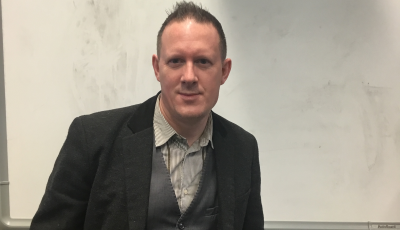
Bringing the Outside In: The Natural Curriculum
Bristol-based primary school teacher David Millington talks about his inspiring website, the Natural Curriculum, made in partnership with ERA, which provides free grammar lessons for Years 4-6.
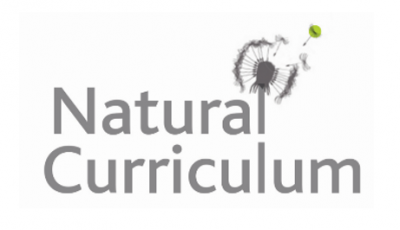
Natural Curriculum
Grammar and maths lessons for KS2 centred on captivating clips from the BBC’s natural history archives.

Tackling Climate Change with Young Climate Warriors
Young Climate Warriors have curated a series of video playlists to teach primary aged pupils about the causes, impacts and solutions of climate change.

